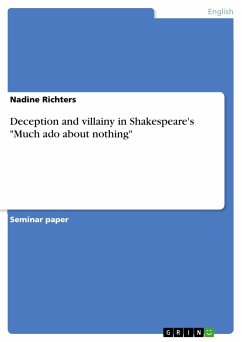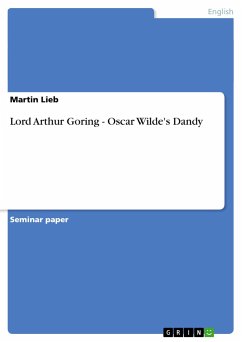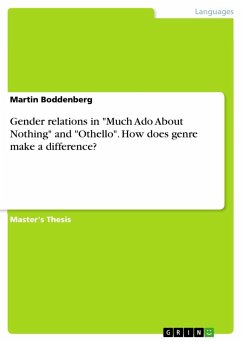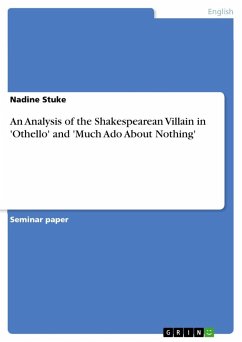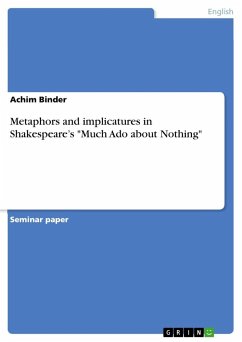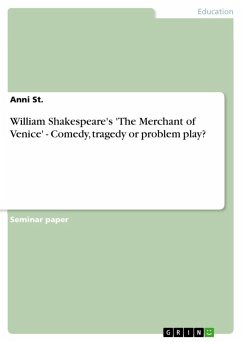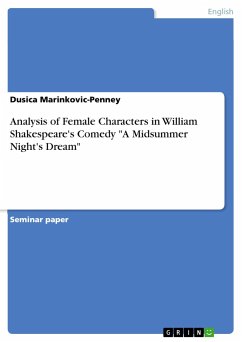Seminar paper from the year 2008 in the subject English Language and Literature Studies - Literature, grade: 2,3, University of Hamburg (IAA), course: Literaturseminar: William Shakespeare: "Much ado about nothing" , language: English, abstract: Deception and the exploitation of the characters' credulousness are leitmotifs within Shakespeare's play "Much ado about nothing". central theme in the play is trickery or deceit, whether for good or evil purposes. However, the people being deceived are not as unintelligent as one might think at first perception. Most of them have a high social rank and this usually implies that people have access to higher education. This is proved by the character's high command of rhetoric stylistic devices, their expression and the way they phrase their thoughts and feelings. Even Don Pedro, who generally seems to be above everything, can be easily deceived by his bastard brother Don John. The recipient notices this in scene 3.2 when Don John makes them believe that Margret is Hero who has premarital sexual intercourse and thus is infidelous towards Claudio. There are three important forms of deception within the play of which I will inform you in section 2.. Furthermore I will state Don John's character traits, define the villain's function, name his intrigues and how they perfectly work. In the last section I try to explain the reason why it is apparently easy to deceive the fundamentally intelligent characters. On the whole, Shakespeare shows the characters' dealing between appearance and reality and deception and self-deception. Nearly every character of the play is involved in a deception and has to learn to distinguish appearance from reality. Paradoxically, even the most intelligent characters are not excluded. Schabert characterises the appearance and reality theme as follows:
Hinweis: Dieser Artikel kann nur an eine deutsche Lieferadresse ausgeliefert werden.
Hinweis: Dieser Artikel kann nur an eine deutsche Lieferadresse ausgeliefert werden.

